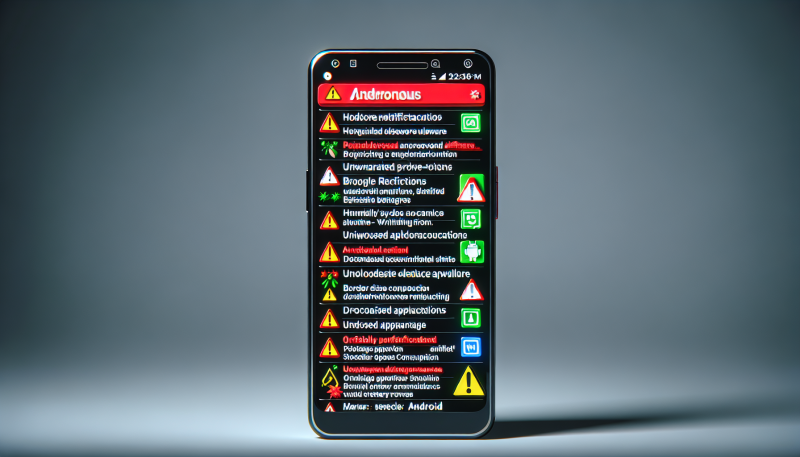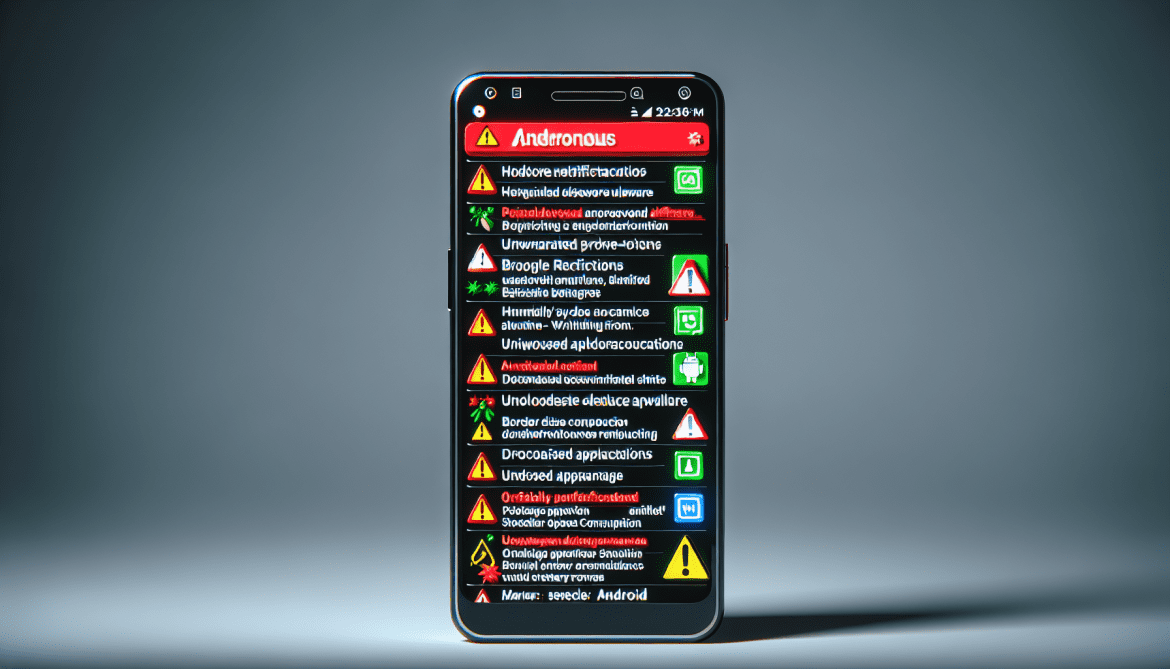What is Wpeeper Malware
Wpeeper Malware is a type of malicious software that specifically targets Android devices. This malware is designed to steal sensitive information from the infected device, such as login credentials, banking information, and personal data. Once installed on a device, Wpeeper Malware can operate stealthily in the background, making it difficult for users to detect its presence.
Wpeeper Malware typically infects Android devices through malicious apps or websites. Users may unknowingly download an infected app from a third-party app store or click on a malicious link that triggers the malware to install itself on the device. Once installed, Wpeeper Malware can access and extract data from the device without the user’s knowledge, posing a serious threat to personal privacy and security. Users should be cautious when downloading apps or clicking on links from unknown sources to prevent the risk of Wpeeper Malware infection.

How Wpeeper Malware infects Android devices
Wpeeper Malware typically infects devices through:
- Phishing Attacks: Deceptive emails or messages that trick users into downloading the RAT.
- Malicious Apps: Apps from unofficial sources containing hidden malware.
- Compromised Websites: Visiting infected websites that automatically download malware onto the device.
Download Wpeeper Malware Removal Tool for Android
Norton Mobile Security for Android is a comprehensive security app designed to protect Android devices from various digital threats. It offers features such as anti-malware protection, which scans and removes apps containing viruses and other threats. The app also includes a real-time protection feature that continuously monitors the device for malicious activity.
Recognizing Wpeeper Malware infection
Some signs that your Android device might be infected with Wpeeper Malware include:
- Unusual data usage.
- Battery draining faster than normal.
- Strange apps appearing that you didn’t download.
- Device performance slowdown.
- Unfamiliar activities in your online accounts.
Manual Removal Steps
Boot in Safe Mode:
- Turn off your device.
- Turn it on and when the brand logo appears, press and hold the volume down button until the device starts.
- This will disable third-party apps temporarily, including Wpeeper Malware.
Uninstall Malicious Apps:
- Go to Settings > Apps.
- Look for any suspicious or unknown apps that you did not install.
- Select the app and tap Uninstall.
Revoke Device Admin Rights:
- Go to Settings > Security > Device admin apps.
- Look for any apps that shouldn’t have admin privileges.
- Deactivate the privileges for these apps.
Clear Browser Data:
- Open your web browser app.
- Go to Settings and clear your browsing history, cookies, and cache to remove any residual malicious scripts.
Check Battery and Data Usage:
- Go to Settings > Battery or Data Usage.
- Identify apps with high usage that could be related to Wpeeper Malware’s background activities.
Factory Reset (as a last resort):
- Back up important data.
- Go to Settings > System > Reset options > Erase all data (factory reset).
- Follow the prompts to reset your device, which will remove all apps and data, including any malware.
Antivirus Software Recommendations
To ensure the complete removal of Wpeeper Malware and to protect your device from future infections, consider using reputable antivirus software. Some of the best Android antivirus apps, according to independent testing labs, include Bitdefender Total Security, Norton Mobile Security. These apps offer comprehensive protection against malware, including RATs like Wpeeper Malware, and often come with additional features such as anti-theft and privacy protection.
Norton Mobile Security for Android is a comprehensive security app designed to protect Android devices from various digital threats. It offers features such as anti-malware protection, which scans and removes apps containing viruses and other threats. The app also includes a real-time protection feature that continuously monitors the device for malicious activity.
Prevention Tips
Install Apps from Trusted Sources: Only download apps from legitimate app stores to reduce the risk of inadvertently installing malware.
Update Your Device: Keep your Android operating system and apps updated to the latest versions to patch security vulnerabilities.
Review App Permissions: Be cautious about granting apps excessive permissions, especially those that request access to accessibility services.
Use Strong Passwords: Protect your device with a strong password or biometric authentication.
Stay Informed: Be aware of the latest security threats and how to recognize suspicious behavior on your device.

